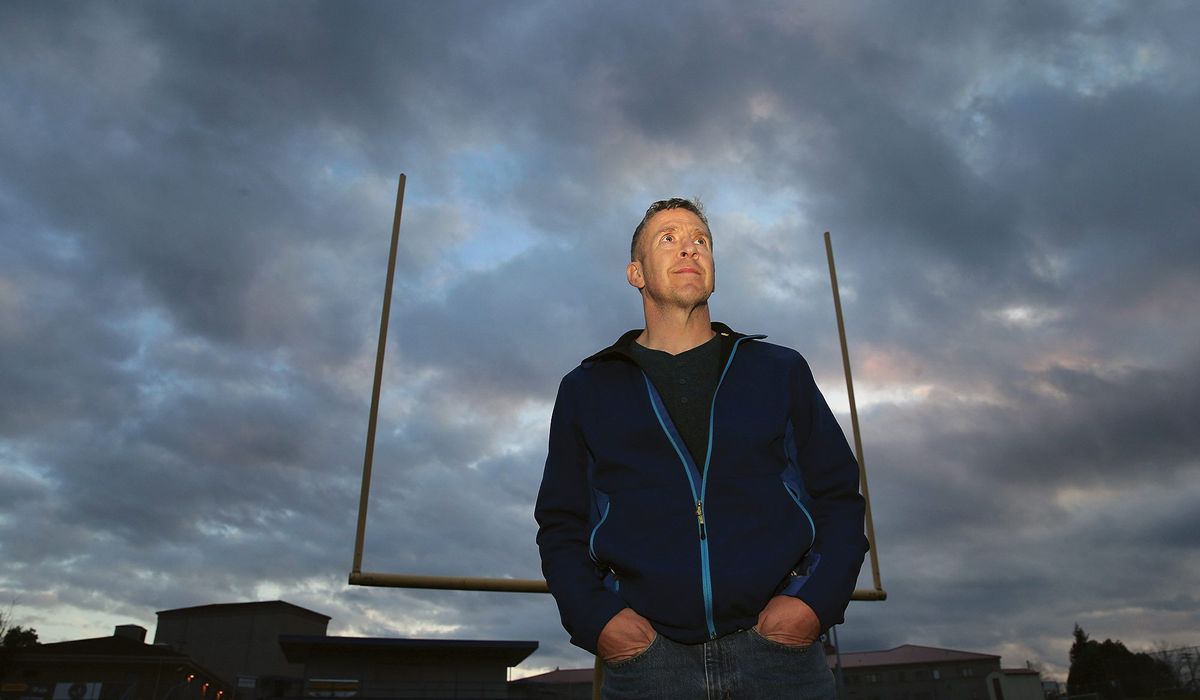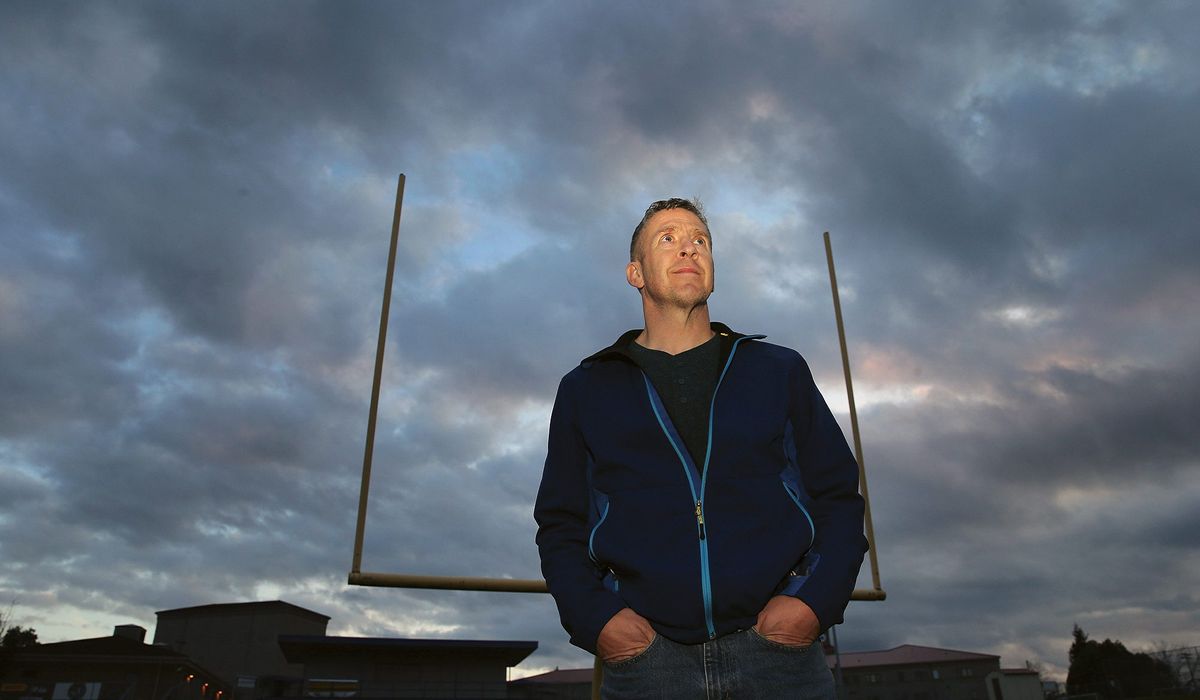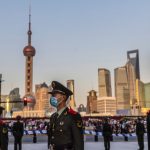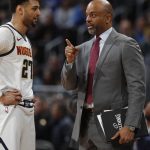
A high school football coach fighting to pray after games is taking his case to the Supreme Court after being penalized by his school district, his lawyers announced Monday.
Joseph Kennedy, who worked as an assistant football coach at Bremerton High School in Washington state until 2015, was barred from coaching the team after he refused to stop praying on the football field after games.
“We will appeal and are confident that the Supreme Court of the United States will right this wrong,” said Jeff Mateer, chief legal officer for First Liberty Institute, which helped represent the coach. “Banning coaches from praying just because they can be seen contradicts the Constitution. Coach Kennedy has been denied the freedom to coach for over five years, but he’s never been a quitter. We will fight on.”
Bremerton School District had charged Mr. Kennedy had violated the Establishment Clause and wanted him to conduct his personal prayers off the field in a press box or athletic facility. The Establishment Clause prohibits state involvement with religion.
But the coach refused to pray elsewhere. His silent prayers, where he would kneel along the 50-yard line, lasted just about 10-30 seconds.
Students would surround him at times, though he never invited them to pray with him.
The lower courts ruled for the district, and the U.S. Circuit Court of Appeals for the Ninth Circuit announced Monday it would not reconsider the case, prompting Mr. Kennedy to take the issue to the justices.
The high court declined to review the legal battle in 2019, instead wanting the lower courts to further weigh the matter.
For the coach’s second high court request to be granted review, at least four justices must agree to hear the case.
Richard Katskee, vice president of Americans United for Separation of Church and State, said the 9th Circuit had ruled correctly and the high court “shouldn’t have any stomach for undermining the religious freedom of the students and their families.”
“The Constitution requires public schools to provide an inclusive and welcoming environment for all students, regardless of their religious beliefs. That includes ensuring that student athletes don’t feel compelled to pray or participate in religious activities to secure their place on the team,” said Mr. Katskee, whose group helped represent the district.




